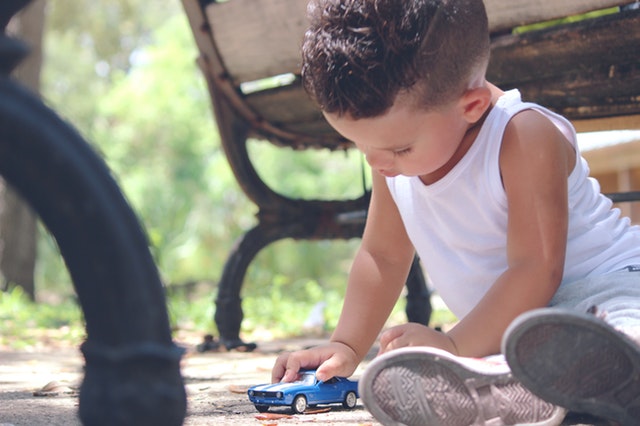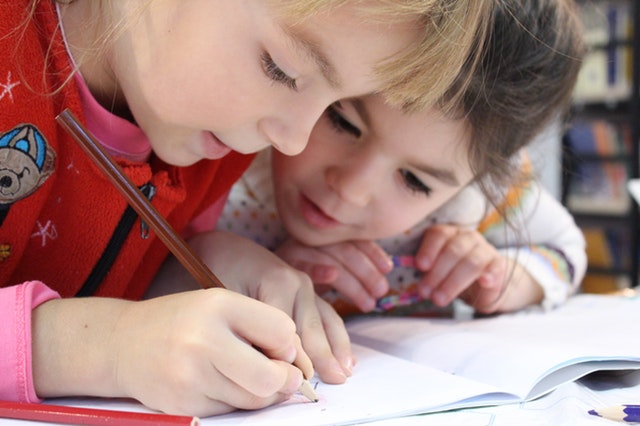Play Therapy
Even when a child has a good command of the language, they may struggle to put their thoughts, feelings, and experiences into words that make sense to us.
Have you ever asked a child “why did you do that?” and not gotten a clear answer. Even when a child has a good command of the language, they may struggle to put their thoughts, feelings, and experiences into words that make sense to us.
Play therapy allows children to make sense of their world in a way that is comfortable to them. When we place a child in an environment prepared for play they cannot keep from showing us what is going on deep within. The play becomes the language they use to communicate with.
Garry Landreth, a founding father of play therapy, wrote “a major function of play is the changing of what may be unmanageable in reality to manageable situations through symbolic representation, which provides children with opportunities for learning to cope by engaging in self-directed exploration.” While children play they can turn what is overwhelming to them in the real world into something manageable in the play world they create and through playing about it learn how to cope with it in the real world. In a way, play becomes the practice for real life situations.
Play can also become the place where it is safe to express emotions that are too big for them to express safely in real life.



